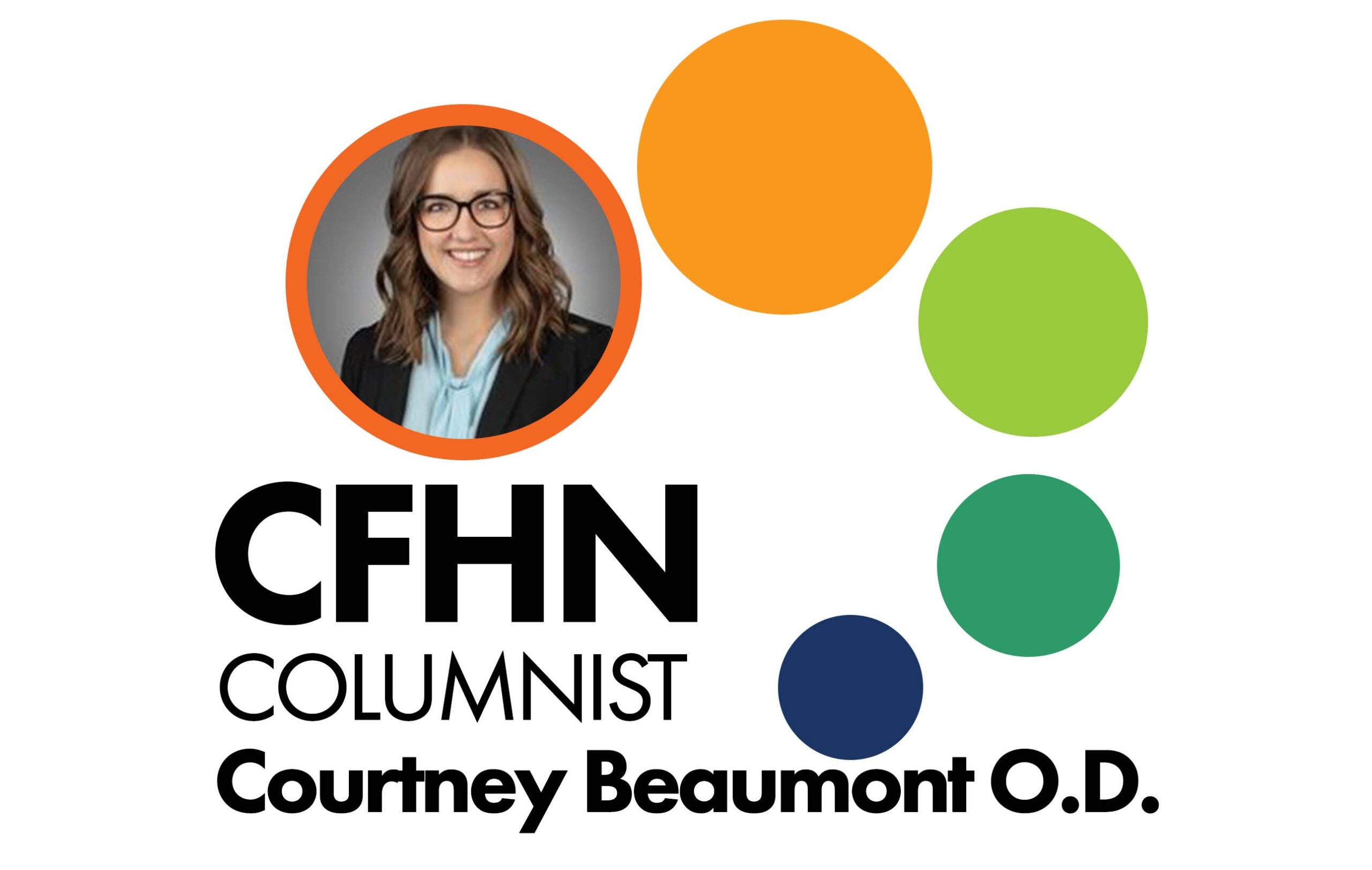
Health News
Features
-
Q&A on the most lethal form of dementia
Dr. Gordon J. Rafool shares the symptoms and treatment options of Alzheimer’s disease Alzheimer’s disease is the sixth leading cause of death in America. In Polk, 11.8 percent of Medicare beneficiaries were treated for Alzheimer’s or another form of dementia in 2013, according to Healthy Tampa Bay. We interviewed Dr. Gordon J. Rafool, a geriatrician…
-
Pop Quiz: Establishing a solid oral care foundation
Will your child have a future Filled with healthy smiles? Teeth add to your smile, allow you to enjoy delicious foods, and rip apart that plastic wrap off your new DVD. However, as a parent, you might be wondering whether you’re setting up proper oral hygiene habits for your child, or if the little tike…
-
To smile or not to smile
Dr. Karen Teston and other local experts on oral hygiene and your overall health Some folks are afraid of pain. Some know they haven’t done a good job of taking care of their teeth, and don’t want to be lectured. Still others lack cash. Whatever the reason, many avoid the dentist until an emergency arises.…
Columns
-
Brain Attack, Stroke, and Mini-Stroke: Are You at Risk?
Approximately 700,000 strokes occur in the United States annually. Stroke, or brain attack, is a disease that involves the blood vessels that supply blood to the brain. A stroke occurs when a blood vessel that brings oxygen to the brain gets blocked by a blood clot most commonly. With the oxygen supply to the brain…
-
My Doctor Says I’m a Glaucoma Suspect – Now What?
Hearing that you may have a sight-threatening visual condition is scary to hear. So let’s better understand what glaucoma is and how you and your doctor can protect your vision. We’ll discuss what glaucoma is and how it is detected and diagnosed, and we’ll even discuss some front-line treatment options to give you peace of…
-
Cryosurgery is a common practice in dermatology
Cryosurgery is the use of extreme cold to treat medical conditions. It works by freezing off harmful cells or skin tags, leaving room for new cells to grow. It can be used to treat a variety of conditions, from warts to early-stage skin cancers, as well as some internal conditions and cancers. It doesn’t have…





